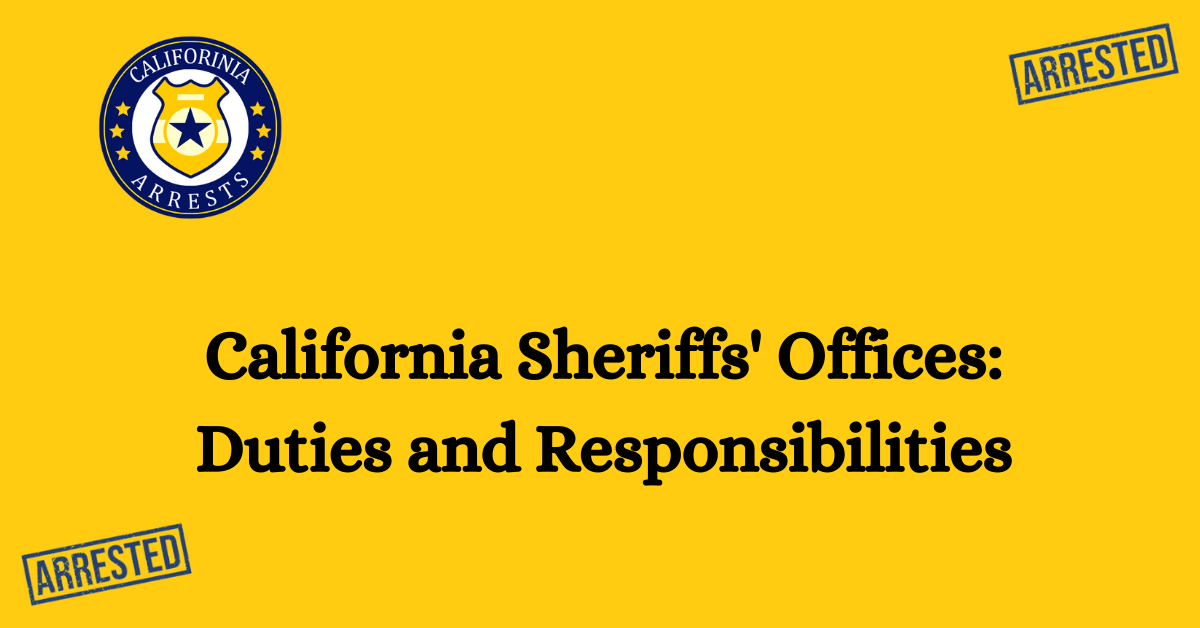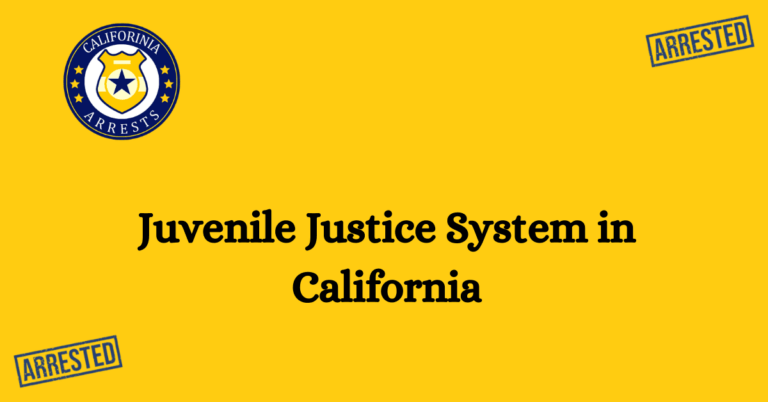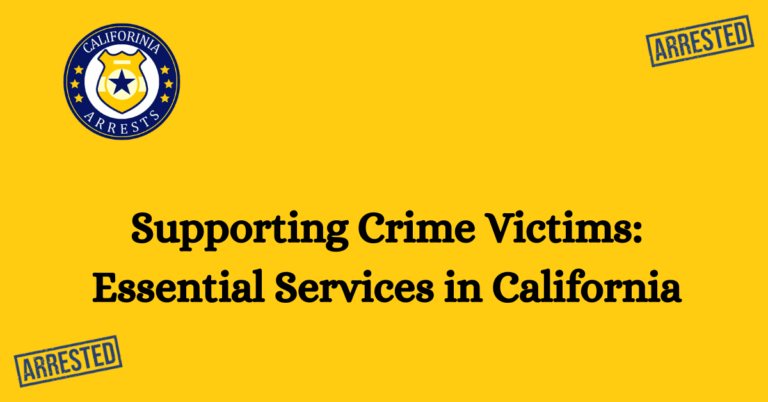California Sheriffs’ Offices: Duties and Responsibilities
California Sheriffs’ Offices play a crucial role in maintaining law and order within the state. As the chief law enforcement officers of their respective counties, sheriffs are responsible for a wide range of duties and responsibilities. From ensuring public safety to providing support to local law enforcement agencies, California Sheriffs’ Offices are at the forefront of protecting communities and upholding justice.
One of the primary responsibilities of the California Sheriffs’ Offices is to enforce state and local laws. Sheriffs and their deputies work tirelessly to prevent and investigate crimes, apprehend criminals, and bring them to justice. They collaborate closely with other law enforcement agencies, such as the California Highway Patrol and local police departments, to ensure a coordinated approach to maintaining public safety.
Ensuring Public Safety
California Sheriffs’ Offices are dedicated to ensuring the safety and well-being of all residents within their counties. With a firm commitment to upholding the law, sheriffs and their deputies work tirelessly to prevent and investigate crimes, apprehend criminals, and bring them to justice.
Collaboration for a Safer Community
Sheriffs’ Offices in California recognize the importance of collaboration in maintaining public safety. They work closely with other law enforcement agencies, such as the California Highway Patrol and local police departments, to create a coordinated approach in addressing and preventing crime. Through joint efforts and information sharing, these agencies are able to respond quickly and effectively to any threats or emergencies.
Supporting Local Law Enforcement
California Sheriffs’ Offices play a crucial role in supporting and assisting local law enforcement agencies. They provide resources, training, and expertise to ensure that all officers are equipped with the necessary tools and knowledge to carry out their duties effectively. This collaborative effort strengthens the overall law enforcement capabilities within the community.
Community Engagement and Outreach
Sheriffs’ Offices understand the importance of building strong relationships with the community they serve. They actively engage with residents through various outreach programs, community events, and educational initiatives. By fostering trust and open communication, sheriffs and their deputies can better understand the needs and concerns of the community, ultimately creating a safer and more harmonious environment for everyone.
Emergency Response and Preparedness
Being prepared for emergencies is a top priority for California Sheriffs’ Offices. They work diligently to develop comprehensive emergency response plans, conduct drills and exercises, and collaborate with other agencies to ensure a swift and effective response in times of crisis. Whether it’s natural disasters or other unforeseen events, sheriffs and their deputies are trained and ready to protect and serve their communities.
Continued Training and Professional Development
California Sheriffs’ Offices place a strong emphasis on the continuous training and professional development of their personnel. Sheriffs and their deputies undergo rigorous training programs to stay updated on the latest law enforcement techniques, technologies, and best practices. This ongoing commitment to education ensures that they are well-equipped to handle any situation that may arise, providing the highest level of service to the community.
A Trusted Voice in Justice
With their extensive knowledge and experience, California Sheriffs’ Offices have earned the trust and respect of the community. They are not only leaders in law enforcement but also advocates for justice. Sheriffs work closely with local prosecutors, courts, and other stakeholders to ensure that justice is served and that the rights of all individuals are protected.
FAQs
What are the duties and responsibilities of California Sheriffs’ Offices?
The California Sheriffs’ Offices are responsible for maintaining law and order within their respective jurisdictions. They enforce state and local laws, prevent and investigate crimes, and ensure public safety. Additionally, they provide security to courts, transport inmates, and manage county jails.
How do California Sheriffs’ Offices collaborate with other law enforcement agencies?
California Sheriffs’ Offices work closely with other law enforcement agencies such as local police departments, state troopers, and federal agencies like the FBI and DEA. They share information, coordinate investigations, and support each other in ensuring effective law enforcement across different jurisdictions.
What services do California Sheriffs’ Offices provide to the community?
California Sheriffs’ Offices provide a range of services to the community, including community policing programs, school resource officers, and crime prevention initiatives. They also assist in search and rescue operations, handle traffic enforcement, and provide support during emergencies and natural disasters.
How are California Sheriffs’ Offices accountable to the public?
California Sheriffs’ Offices are accountable to the public through various mechanisms. They are subject to oversight by elected sheriffs, who are responsible for their department’s actions. Additionally, citizens can file complaints, and there are internal affairs divisions to investigate any misconduct or wrongdoing by officers.
What qualifications are required to become a sheriff in California?
To become a sheriff in California, candidates must meet specific requirements. These typically include being a U.S. citizen, at least 18 years old, possessing a high school diploma or GED, and having completed a peace officer training program. Some counties may have additional requirements or preferences for higher education and experience.
How can I contact a California Sheriffs’ Office?
You can contact a specific California Sheriffs’ Office by visiting their official website or calling their non-emergency phone number. The contact information for each county’s Sheriffs’ Office is usually available online or in local directories.







